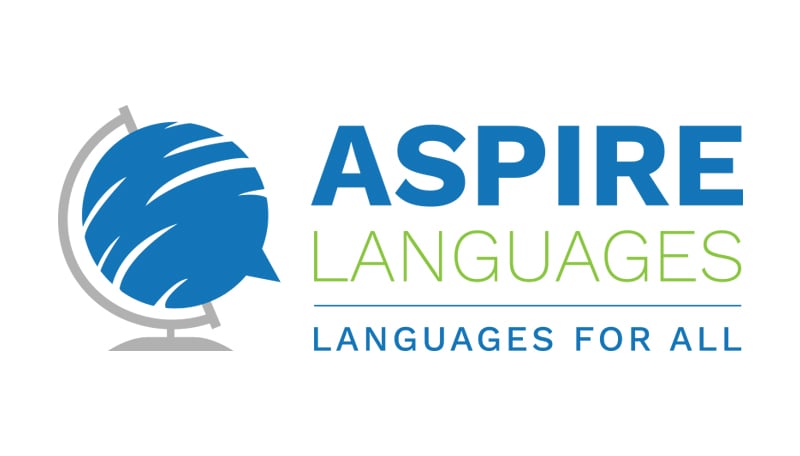♫ You can also listen to an extended version of this blog post here ♫
When we think about our own learning, we can focus so much on the idea of ‘progress’ which is very natural and crucial to any learning process because of course, we all want to feel that we are moving forward with something. However, it’s really important for us to think about what we mean by progress. Progress in a learning environment is often associated with how quickly you can move on to new content and new materials which can create the temptation to always be pushing forwards and never looking back. As both a learner and a teacher, I have definitely done this (and sometimes still do!) despite the fact that I know it’s really important to take the time to look back and to not consider this as going backwards and not making progress.
In the context of language learning, reviewing previously learned vocabulary and revisiting key structures that you have worked on in the past is so important to help things ‘stick’. This is even more important when you consider that learning a language involves understanding and using so many patterns that are frequently repeated and also that you want to eventually use as naturally and as spontaneously as you possibly can. Regularly reviewing previously learned content will really give you such solid foundations to build upon and will help ensure that you build confidence and feel comfortable using what you have learned.
So how can we learn new things and keep recycling and reviewing previously learned work? You may feel, like many of my learners, that when you learn something new and that you’ve ‘got it’, this has replaced something that you have previously learned. It can feel sometimes like there isn’t enough room to hold both new and old information! One way to try to overcome this is to use more retrieval practice in your learning and since September, I’ve really been trying to do this by encouraging my learners to recall information that we covered not just one or two weeks ago, but perhaps 3, 6 or 9 months ago – or even longer ago. I’ve aimed to do this in different contexts but with a key retrieval aim. Last month with some of my groups, this was the alphabet – what a good choice! The expression, ‘if you don’t use it, you lose it’, is so true! The process of recalling this previously learned information requires effort but it is this effort that makes the learning more meaningful and enhances the chances that the information will stick and be more readily available in the future.
In addition to weaving aspects of retrieval into my lessons, I’ve spent a lot of time, with the help of my lovely niece, creating ‘off the shelf’ retrieval activities that I can tweak for my different level groups as well as creating a tailored retrieval box for each group that I will add to throughout the term and that we will dip in and out as we go.
If you are learning on your own at home, you could create your own retrieval box. Perhaps start by adding 20 words or phrases from your past learning and then regularly add to this. If you need help to get started, you could print one of the attached sheets, cut out the sentences and add these 😊
Taking time to look back isn’t about holding you back. On the contrary, it will strengthen your learning and help you progress with confidence.
Bon courage!
Sarah xx





